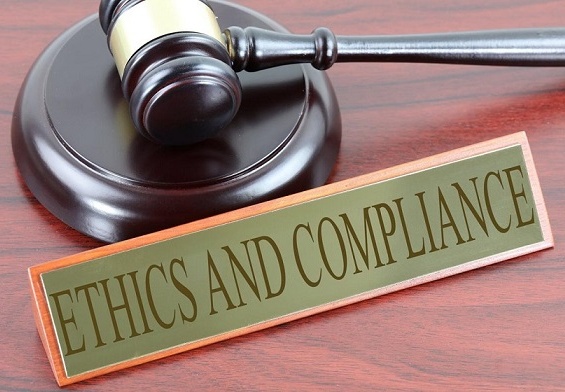Judicial misconduct is an incredibly serious issue that undermines the integrity of the legal system and negatively affects people who are seeking justice. If you live in New Jersey and think you’ve been affected by judges engaging in unethical practices, you need to know how to report judicial misconduct effectively. This article will serve as your guide through that process, with a spotlight on the role a New Jersey criminal appeals lawyer plays and the key aspects of New Jersey judicial ethics.
Understanding Judicial Misconduct
Many different types of conduct fall under the umbrella of judicial misconduct, including various unethical actions and behaviors that violate the New Jersey judicial ethics. As defined by the New Jersey Court System, some of these actions include bias, corruption, abuse of discretion, or failure to follow legal procedures. Of course, unethical practices like this can impact case outcomes and make the public less trusting of the legal system.
Specific examples of judicial misconduct include:
- Yelling at court users or attorneys
- Failing to disclose a conflict of interest
- Talking about a case with one party, without the knowledge of the other party
If you think you’ve experienced anything like this, consider reporting judicial misconduct in NJ.
Who Can Report Judicial Misconduct?
Anyone who feels they have been affected by a judge’s actions has the right to file a complaint. This includes litigants, attorneys, and members of the public. If you think a judge is engaging in unethical practices, or has in the past, you should take action. It’s normal to feel intimidated by the process, but guidance from a New Jersey criminal appeals lawyer can give you the support you need.
The Reporting Process
If you believe you have valid grounds for reporting judicial misconduct, follow these steps to make sure your complaint is thorough and effective:
- Gathering Evidence The strongest cases have tons of detailed evidence documented. Collect all relevant information, including dates, times, and specific details about the judge’s behavior. Any evidence, like court transcripts, recordings, or witness statements, will make your claims stronger.
- Filing a Complaint Once you have enough evidence, you can proceed to file a complaint with the Advisory Committee on Judicial Conduct (ACJC) in New Jersey. The ACJC is responsible for investigating allegations of judicial misconduct and making sure judges stick to ethical standards. To file a complaint, visit the New Jersey Courts website, where you can find the necessary forms and guidelines for submission. Complaints can be submitted via mail or electronically. Make sure your complaint includes:
-
- Your contact information
- The judge’s name and court
- A clear description of the misconduct, including dates when it happened and any witnesses to the alleged misconduct
- Any documents that you think are relevant to the complaint
- After Filing the Complaint After submitting your complaint, the ACJC will review it and determine whether an investigation is warranted. You will be notified of the outcome of your complaint, which may lead to further actions against the judge, including disciplinary measures if misconduct is confirmed. It’s important to remember that the investigation process can take time, often several months. During this period, the ACJC may contact you for additional information or clarification regarding your complaint.
Seeking Legal Assistance
The process for reporting judicial misconduct is complex, and that can make it seem daunting to some people. If you feel overwhelmed or unsure about your next steps, you can speak with a New Jersey criminal appeals lawyer to help you through the process, compile evidence, and even advocate for you.
A knowledgeable lawyer can also strengthen your case, since they know about New Jersey judicial ethics and can use that knowledge to present your complaint effectively.
Handling Judicial Misconduct
Judicial misconduct is a serious issue that can significantly impact individuals seeking justice in New Jersey. If you think you’ve been affected by New Jersey judges engaging in unethical practices, you need to understand your rights and the reporting process. By gathering evidence, filing a complaint with the ACJC, and seeking the assistance of a New Jersey criminal appeals lawyer, you can take important steps toward addressing judicial misconduct.
The integrity of the judicial system relies on accountability. Reporting misconduct is vital in promoting justice and making sure judges stick to the ethical standards they’re expected to. If you suspect judicial misconduct, don’t hesitate to act.
Resources:
https://www.njcourts.gov/judicial-complaint-review-process




